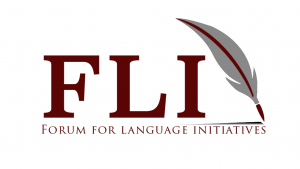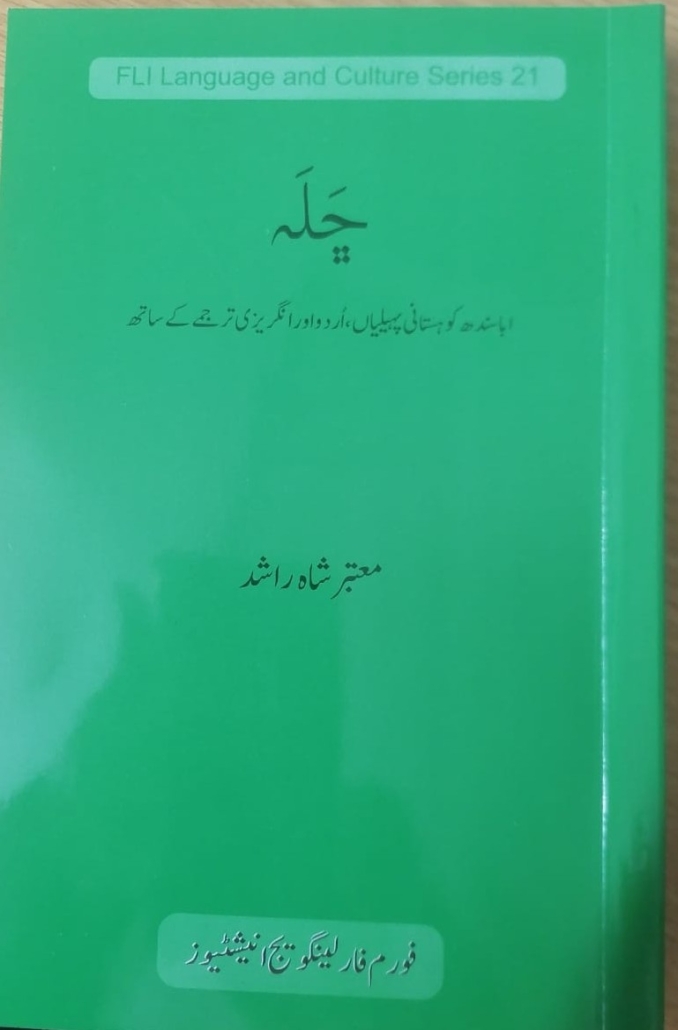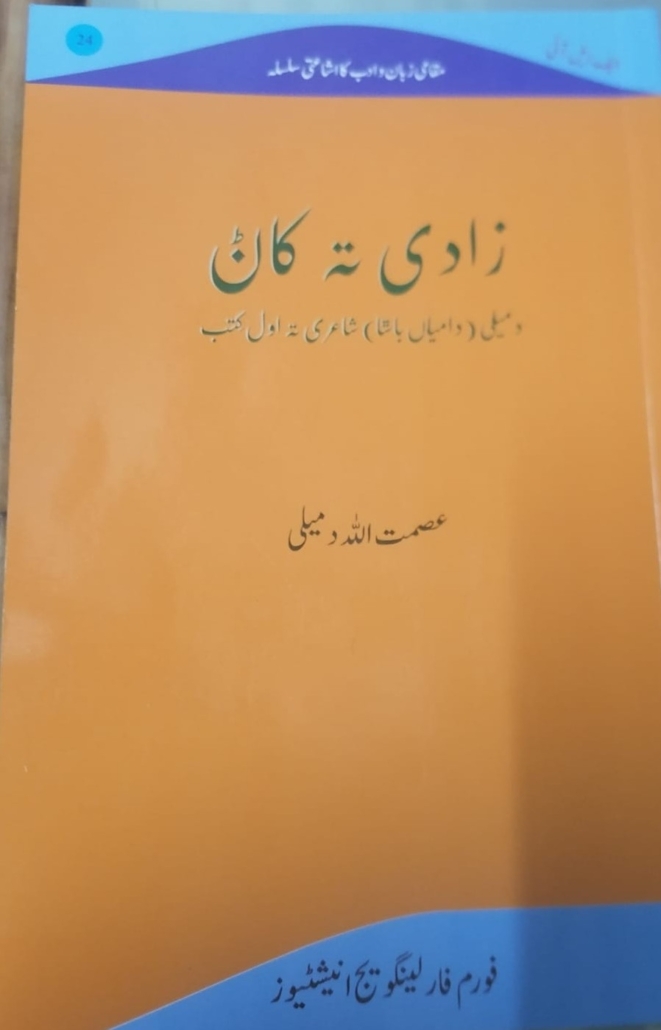Islamabad, April 14, 2025—A five-day linguistic workshop focusing on Pakistan’s undocumented and under-documented languages commenced today at the English Department of Allama Iqbal Open University (AIOU), Islamabad. This workshop is being facilitated by renowned linguist Dr. Henrik Liljegren, Head of the Department of Linguistics at Stockholm University, Sweden. Coorganized by the Forum for Language Initiatives (FLI) and AIOU, the event showcases a collaborative effort to preserve the linguistic heritage of Pakistan.
With nearly 40 participants, including PhD scholars, university faculty members, and representatives from FLI’s target regions, the workshop brings together a diverse group of language enthusiasts. At least 16 indigenous languages, including Urdu, Pashto, Hindko, Saraiki, Pahari-Pothwari, Shina, Kohistani Shina, Khowar, Burushaski, Torwali, Indus Kohistani, Dameli, Mewati, Brokskat, Palula, and Gojri, are being represented. Notably, women make up one-quarter of the participants, adding an inclusive dimension to the event.
The opening session was filled with enthusiasm as Dr. Kamal, Head of the English Department at AIOU, welcomed the participants and esteemed guests. Dr. Henrik Liljegren elaborated on the objectives and structure of the workshop, setting the stage for an intensive learning experience. The event’s Chief Guest, Director of Administration Dr. Amir, commended FLI for its vital contribution to fostering the linguistic diversity of Pakistan.
During the session, Mr. Fakhruddin Akhunzada, Executive Director of FLI, emphasized the importance of preserving Pakistan’s nearly 80 languages, many of which face endangerment due to a lack of institutional support. “Universities play a crucial role in preserving and promoting the linguistic diversity of Pakistan. We hope to see them establish research centers dedicated to indigenous languages,” he remarked. He further highlighted the need for collaborative efforts between universities, local communities, and linguistic experts to document endangered languages and develop educational programs that ensure their preservation across generations.
The workshop is designed to equip participants with the skills to analyze and document the linguistic structures of undocumented languages. It also aims to raise awareness of ongoing global and local documentation efforts while introducing participants to areas such as typology, language variation, contact patterns, and language classification. Hands-on experience with key resources such as databases, literature, and specialized software forms a significant part of the workshop.
The collaboration between FLI and state-owned institutions like AIOU underscores a commitment to establishing a sustainable framework for language documentation in Pakistan. While the primary focus remains on the northern regions of the country, FLI aims to extend the reach of its efforts beyond its immediate target areas.
The workshop will conclude on April 17, equipping participants to further their work in language documentation and contribute to exploring and preserving the rich linguistic diversity of Pakistan.






















